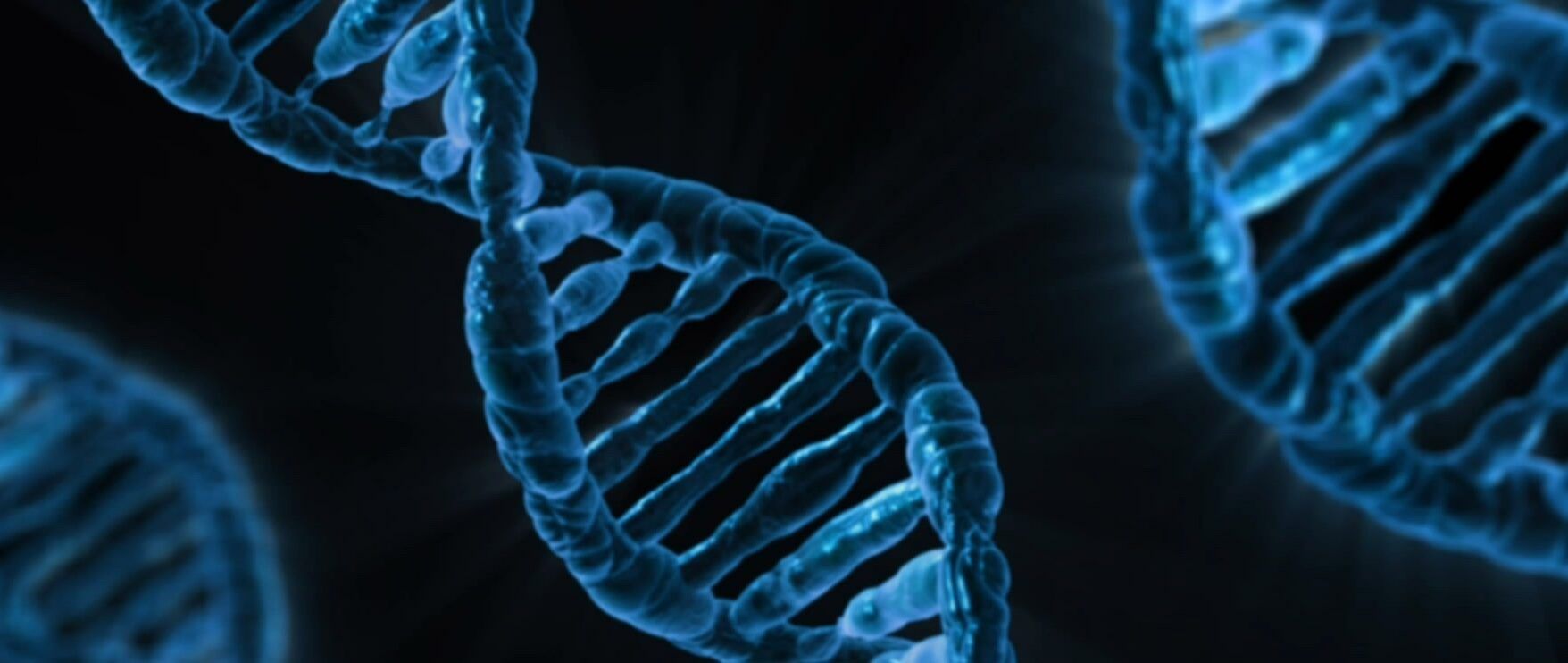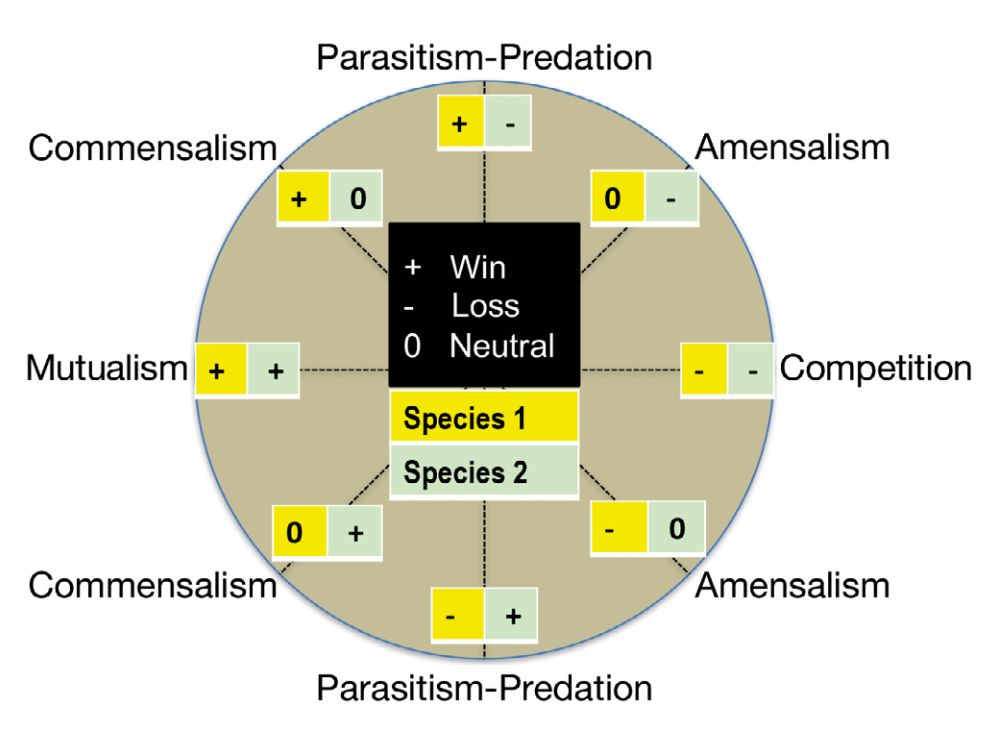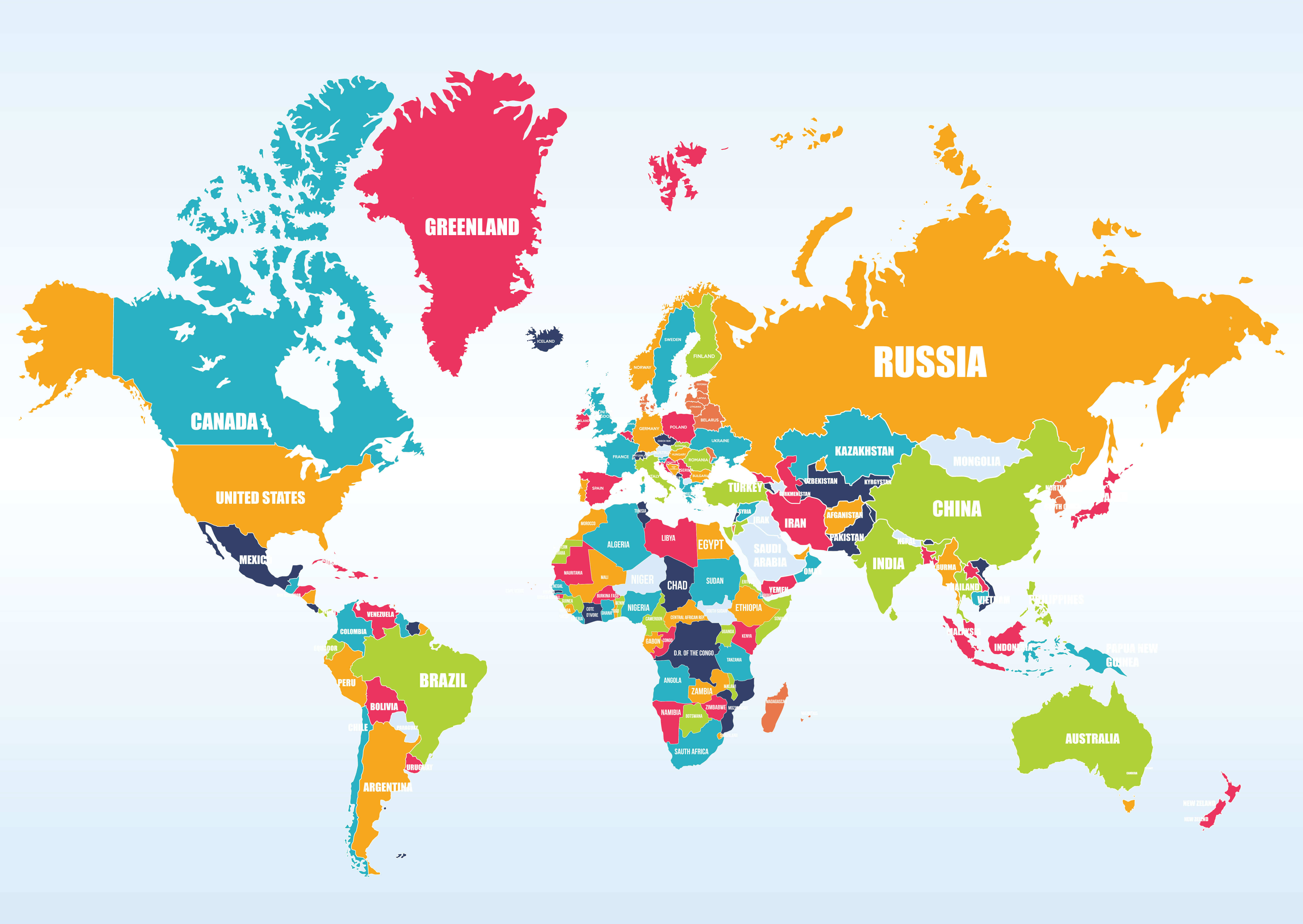
Genetic engineering is considered one of the most sophisticated scientific tools for changing the genetic blueprint of a living organism according to our suitable design. This attention-seeking branch of science has been an important point for discussion in seminars, academics, the general public, international organizations, and legislation. Before taking deep consideration of this complex debate, there is a dire need to understand the intricacy, mechanism, and global impacts of genetic engineering on the environment.
Fundamentally, it reconstitutes the characteristics of an organism by manipulation of its genes, be it through the addition of new DNA, deletion of genes, or even replacement of genes with their altered versions. The general intention of this advanced technology is to develop organisms that show favorable attributes, which range from disease resistance through improved yield in agricultural crops. The scientific and technological achievements in this field have been nothing less than phenomenal and more often than not call into question the very nature of life and our place in it.
Among the bigger successes of genetic engineering are genetically modified plants. In fact, such plants have revolutionized agriculture by enhancing food production and going a long way in reducing hunger and malnutrition. The best example of genetic engineering’s use for humanitarian purposes is the creation of “golden rice.” This variety of rice is enriched with Vitamin A, an essential nutrient to prevent blindness in populations, especially in underdeveloped countries with nutritional deficiencies. It is a great manifestation of the use of technology to face adverse issues; therefore, it shows that genetic engineering has a good potential towards bringing positive changes into our world.

Success for genetic engineering is, however a route mainly bombarded by controversies. Though there have been dramatic successes, cautionary tales also abound. A grim reminder of the risks and ethical dilemmas posed by genetic engineering was the so-called “Frankenstein” mouse with human genes inserted in its DNA. The results could be unexpected fallouts of such experiments beyond our comprehension of life and the ethics that limit us from crossing our boundaries.
Now, looking at the implications of genetic engineering does make one consider the pros and cons associated with it. While on one hand, the ability to change organisms could imply better agriculture and more food production; genetic engineering has already been a breakthrough in medicine in the treatment of some of the worst diseases, such as cancer. We have seen improved survival rates in many cancers through engineering immune cells to target and destroy cancer cells. Advancements such as these are a function of the transformative power of genetic engineering in medicine and give new hope to those suffering from health challenges long thought insurmountable.
Ethical dilemmas associated with genetic engineering
Yet, as we celebrate such achievements, we must turn our minds to the ethical dilemmas they raise. But perhaps the overriding question, as far as genetic engineering is concerned, is whether tampering with an organism’s genome is ethical. The concerns are there that unwarranted effects might occur in the form of new diseases or ecological imbalances. Ethics here even go further than what goes on in the lab, influencing values of society and our view of our relationship with nature and with each other.

Also, ideas like transhumanism-functionally making humans superior with the aide of technology in physical and mental capabilities-add a whole new level of complication. Transhumanism invites us to question what it will mean to be human in ways we never have before imagined. As technology progresses, the borders of humanity and its enhancements continue shifting, which raises an insightful examination of what the philosophical implications of such progressions are. For instance, if it would be possible through genetic engineering to rid genetic diseases, would it not then also be prima facie justified to enhance intelligence, athleticism, and other human traits? While this is considered an exciting new frontier to some, others think this will put us on a slippery slope toward eugenic-like ethical horrors.
The other highly debated issue is that of “designer babies.” It was a concept whereby parents would choose the traits of their children regarding characteristics such as intelligence or appearance. That in itself is an ethical issue that tugs at the heart of moral principles. Some believe allowing parents to select genetic traits could reduce genetic disorders, but others see problems in the morality of having such a degree of control over human lives. Added to these are the increased possibilities of social inequality, where only the rich can afford to have “perfect” children. This added challenge that society would have to face is from another dimension altogether.
The ethical dimensions of genetic engineering become even more entangled when one considers agricultural applications. The genetic modification of crops indeed promises increased yields and resistance to disease, but it has also resulted in significant debates about food safety, environmental impact, and farmers’ rights. With the introduction of genetically modified organisms, concerns about their potential risks include health effects on consumers and ecological impacts related to a lack of biodiversity. It is also noted that this corporate monopoly of seeds and increasing dependency on genetically modified crops further marginalizes small-scale farmers and heightens problems of food insecurity.
Genetic engineering-is where great innovation meets great ethics. Yet, even as this technology continues to realize its great potential, the implications of the field must be considered thoughtfully. The scientific community, policy makers, and society in general face the rather formidable task of sorting out the issues related to genetic engineering and how benefits can be achieved with minimal risk and ethical concern. While genetic engineering does have a bright future, it does raise questions regarding a moral responsibility in the exercise of such power over the very code of life.
Equally complex as the science itself, the ethical dimensions within which genetic engineering operates provide both a promise and a peril. Thus, the deeper we delve into implications of this powerful technology, the more necessary it becomes that an intensive analysis takes place regarding ethical considerations arising from it in multiple domains, including human health, agriculture, and societal values. Care should be given to this exploration, since the stakes involved are high and potential consequences far-reaching.
Genetic engineering has ensured that those treatments and therapies once dreamt of regarding human health are a reality today. Disease treatment according to genetic modification of the cell opens up whole new avenues of treatment, like in cancer. For example, CAR T-cell therapy, an approach in which the patient’s immune cells are modified to fight against cancer more aggressively, constitutes a clear illustration of how genetic engineering can save lives. However, these interventions also have a great deal of ethical implications. The issue is also that of access: advanced treatments usually come with steep costs, raising concerns about social equity. Are we moving into a future where only the wealthy will be able to afford life-saving therapies, hence embedding existing health disparities?

Similarly, the aspect of ‘designer babies’ has also received great debate. The ability to determine or select some of the features a baby would possess through genetic alteration poses ethical concerns regarding parenthood and diversity among humans. While some proponents point out that such technology would reduce genetic diseases and enhance quality of life, opponents counter by warning that it could spiral out into a dystopian future where people are pressured into seeking such adjustments, which will boil down to eugenics. Desirable standards are subjective and most assuredly lead us down a slippery slope in regard to designing humans. It raises fundamental questions about what makes us human and the values derived from diversity of our species. Are we to gamble with creating a race of people who, as a result of whims rather than natural variation, will be the end product?
The discussion of designer babies brings us round to a consideration of genetic enhancements and their broader ethical consequences beyond the disease-avoiding variety. But there also arises the profoundly moral question of the possibility of parents being able to choose desirable physical features, levels of intelligence, or even traits regarding behavior. Could this be a future in which genetic changes will not only be tools of health but also instruments of social stratification? A risk evolves of creating a society that is segregated not only by wealth but also by genetic inheritance.
Ethical considerations extend to agriculture.
Further, the ethical issues of genetic engineering extend to agriculture, where the use of GMOs has absolutely stirred an open debate. While promising high yields and reduced pesticides applied, there are a number of environmental and food-safety concerns. It is accused of a trend of monopoly in the hands of a few biotech corporations, which would deprive both farmers and consumers of their due rights. Can we make sure that farmers are independent in terms of the seeds they plant, or are we going to see a continued trend toward corporate control which would marginalize smallholders and threaten biodiversity?

Not to be overlooked is another ecological concern: the release of GMOs into the environment. For instance, genetic interbreeding between altered species and wild ones produces concerns about the unknown impacts on ecosystems. What might happen if the changed genes get free into natural populations? A risk like altering whole ecosystems can’t be taken lightly. This is normally due to the complexity of ecological interactions, which makes it difficult to predict long-term results after releasing GMOs into the wild. An ethical issue emanates on whether it is right for us to play god with the very fabric of nature.
Moreover, genetic engineering has implications in society in terms of perception and culture regarding the people. This, however, is in strong opposition to genetic alternation from various cultural and religious groups, which sends a loud and clear message for the need for open dialogue on these technologies. Precisely, what positions do personal beliefs, cultural norms, and ethical frameworks take in developing our understanding of genetic manipulation? It is at those moments when science is moving at a very rapid pace that it becomes a challenge to put diverse views together in one coherent ethical framework that respects individual freedoms while allowing scientific progress.
Future of Genetic Engineering
The building up of a regulating framework which caters to ethical issues yet promotes innovation is what we should look forward to in the future of genetic engineering. Policy makers will have to work in collaboration with scientists and ethicists on one side and the public on the other to ensure socially shared benefits derived from genetic engineering. It means not only rigorous safety assessments and open research but also provides an avenue for community involvement in debate on the direction taken by genetics technologies. How do we better enable community concerns to be heard, and become part of the ethical discourse on genetic engineering? Ensuring that all stakeholders have a seat at the table is just one component toward creating a more fair and equitable future.
Genetic engineering is a highly complex moral environment that requires a great deal of considered thought and attention from ourselves. We are the pioneers in this scientific race and should approach this marvelous technological complexity with caution and prudence. Agriculture and healthcare have tremendous opportunities for changing those industries, but we must be vigilant about the moral issues accompanying such extreme advancements. Let us, instead, construct a future with genetic engineering that actually reflects our loftiest ideals and aspirations for humankind through an inclusive discourse and a culture of ethical reflection. As we progress onward, so, too, must our efforts keep pace with the ethical underpinning of our society hand in hand with technological advance.



